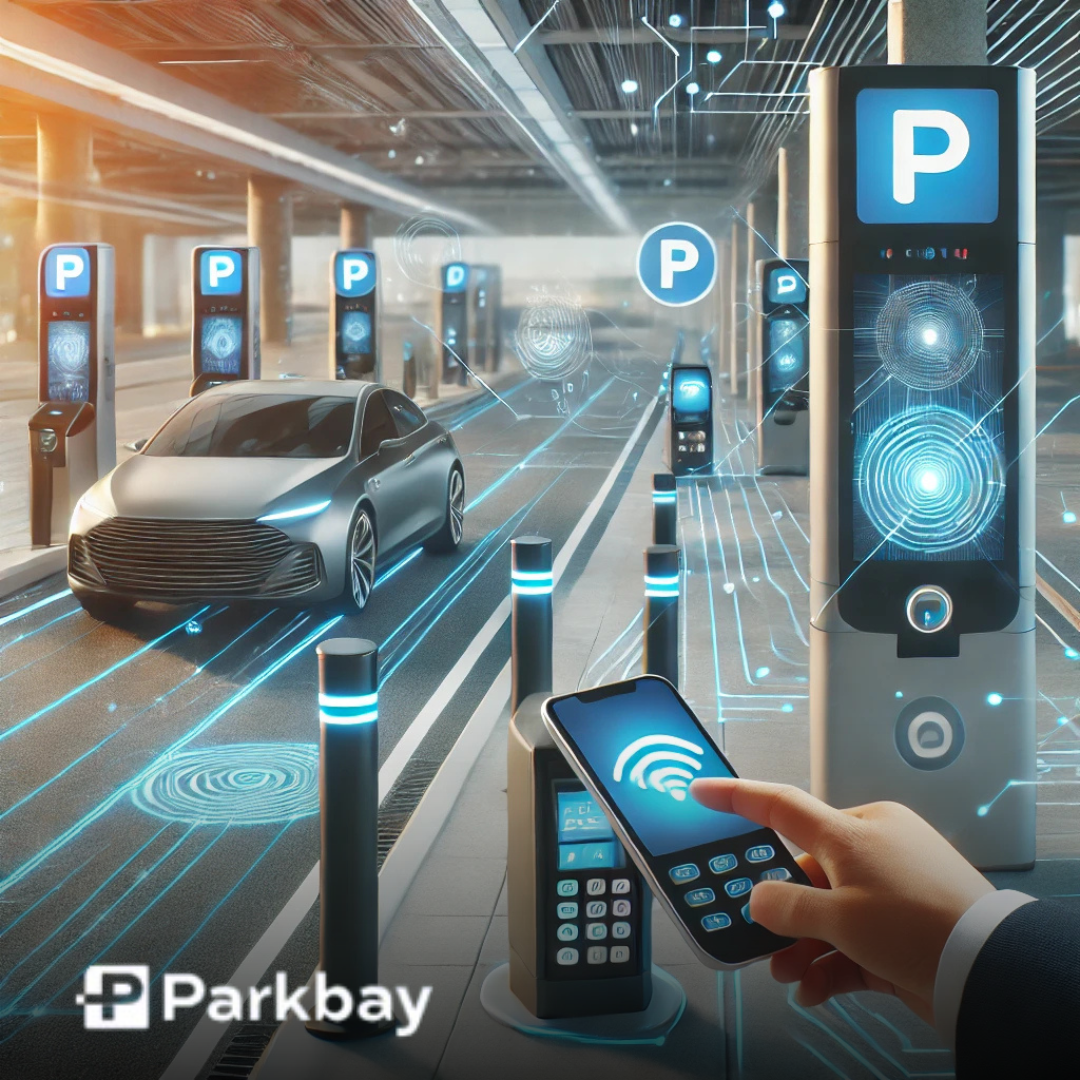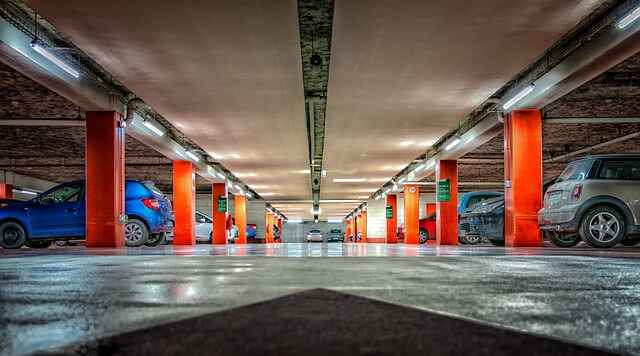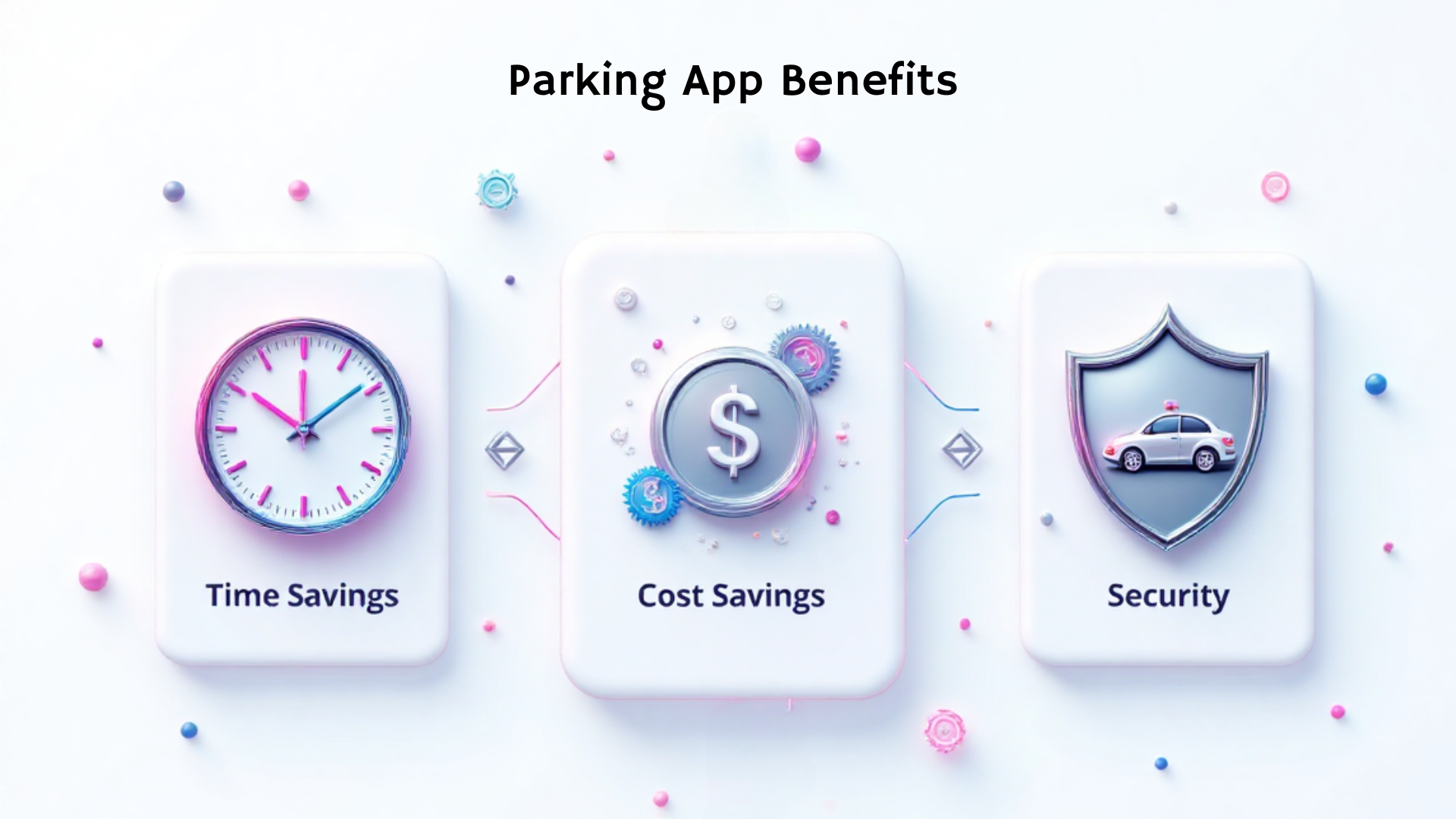Revolutionizing Urban Parking: How ParkBay Uses AI and IoT to Optimize Space, Reduce Congestion, and Ensure a Seamless Parking Experience
Introduction
Urban parking has long been a challenge in cities worldwide. Increasing vehicle ownership, inefficient parking management, and limited space often result in traffic congestion, wasted fuel, and frustration among drivers. However, with advancements in AI-powered parking and IoT parking solutions, the future of urban mobility is being redefined. ParkBay is at the forefront of this revolution, leveraging cutting-edge technology to optimize parking space usage, enhance efficiency, and provide a seamless experience for both drivers and parking operators.
The Challenges of Traditional Urban Parking
For decades, urban areas have struggled with inefficient parking systems. Some of the major issues include:
-
Limited Availability – High demand for parking spaces leads to overcrowding and excessive search times.
-
Traffic Congestion – Vehicles searching for parking contribute significantly to urban congestion and pollution.
-
Manual Operations – Traditional parking management relies on manual enforcement, leading to errors and inefficiencies.
-
Revenue Loss – Parking operators often lose revenue due to inefficient pricing strategies and lack of real-time monitoring.
To address these issues, smart parking solutions like those offered by ParkBay are integrating AI and IoT to transform urban parking.
How ParkBay is Revolutionizing Urban Parking
ParkBay is introducing a technology-driven parking management system that optimizes urban mobility and enhances the parking experience. Below are some of the ways ParkBay is making a difference:
1. AI-Powered Parking Management
Artificial Intelligence (AI) is a game-changer in parking management. ParkBay’s AI-driven algorithms analyze real-time data to optimize parking space allocation, predict demand, and reduce congestion. With AI, parking operators can:
-
Automate parking slot assignment based on occupancy trends.
-
Predict high-demand periods and adjust pricing dynamically.
-
Improve overall efficiency by reducing vacant spots and optimizing space usage.
2. IoT-Connected Parking Spaces
The Internet of Things (IoT) plays a crucial role in smart parking by enabling real-time data exchange between connected devices. ParkBay utilizes IoT-enabled sensors and cameras to:
-
Detect available parking spaces in real time.
-
Provide drivers with instant updates on vacant spots via a mobile app.
-
Reduce search time, leading to lower traffic congestion and fuel consumption.
3. Real-Time Parking Analytics
Real-time parking analytics empower businesses and municipalities to make informed decisions. ParkBay’s AI-powered parking solutions collect and analyze data on:
-
Peak hours and demand fluctuations.
-
Parking usage patterns to optimize space allocation.
-
Revenue generation through predictive pricing models. By leveraging this data, operators can enhance efficiency and maximize their revenue streams.
4. Contactless and Cashless Payments
ParkBay is redefining convenience with contactless parking solutions. Gone are the days of searching for change or waiting in long queues at payment kiosks. With ParkBay’s digital payment system, users can:
-
Pay via mobile apps or automated payment terminals.
-
Enjoy a hassle-free, ticketless parking experience.
-
Reduce touchpoints, promoting health and hygiene in public spaces.
5. Dynamic Pricing for Revenue Optimization
One of the most significant advancements in urban parking is dynamic pricing. ParkBay’s AI-driven pricing model adjusts rates based on factors like:
-
Time of day and demand levels.
-
Special events and peak traffic hours.
-
Historical usage patterns and predictive analytics. This flexible pricing strategy ensures that parking operators maximize revenue while offering fair pricing to users.
6. Reducing Traffic Congestion and Carbon Footprint
An inefficient parking system contributes to urban traffic congestion and increased carbon emissions. ParkBay’s smart parking technology helps cities achieve sustainability goals by:
-
Reducing the time spent searching for parking, lowering fuel wastage.
-
Encouraging the use of eco-friendly parking solutions such as EV charging stations.
-
Integrating with urban transportation systems for improved mobility planning. By minimizing idle time and optimizing parking flow, ParkBay contributes to sustainable urban mobility.
7. Smart Parking for Smart Cities
Cities worldwide are embracing smart city initiatives, and ParkBay is playing a key role in this transformation. By integrating IoT parking solutions with urban infrastructure, municipalities can:
-
Improve traffic management with real-time parking data.
-
Enhance public transportation by offering seamless park-and-ride options.
-
Reduce operational costs by automating parking enforcement.
The Future of Urban Parking with ParkBay
The rapid growth of urbanization demands innovative solutions to parking challenges. ParkBay’s commitment to AI-powered parking, IoT integration, and sustainable parking solutions is shaping the future of urban mobility. As cities continue to evolve, ParkBay’s technology will:
-
Expand to more locations worldwide.
-
Enhance AI-driven predictive models for better traffic flow management.
-
Integrate with autonomous vehicle parking systems.
Conclusion
ParkBay is leading the charge in revolutionizing urban parking by utilizing AI and IoT to create efficient, seamless, and environmentally friendly parking solutions. With real-time parking analytics, contactless payments, and dynamic pricing, ParkBay is not only improving convenience for drivers but also helping cities optimize space usage and reduce congestion. The future of urban parking is smart, and ParkBay is making it a reality today.





Leave a reply